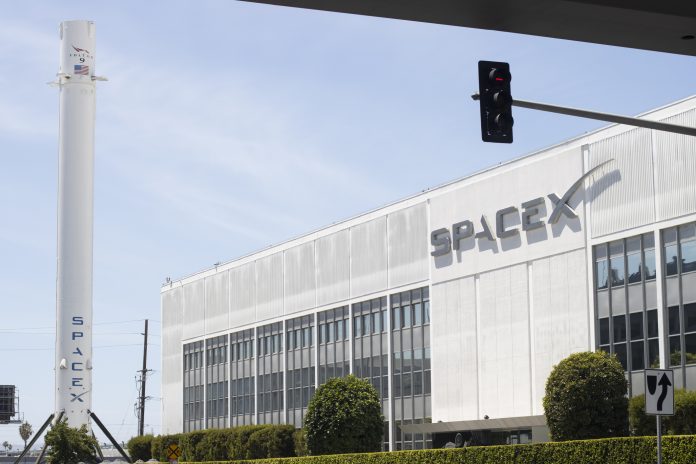SpaceX is gearing up for an ambitious mission schedule, aiming to increase its launch cadence to unprecedented levels
In 2023, Elon Musk’s space exploration company surpassed its records. This was through conducting 74 orbital missions, the most ever in a single year for a private enterprise. With plans to attempt 100 flights by the end of this year, SpaceX has set its sights on an even more ambitious goal for the next.
Aiming for 144 Flights in 2024
During a U.S. Senate’s Subcommittee on Space and Science hearing, Bill Gerstenmaier, SpaceX’s Vice President of Build and Flight Reliability, revealed that the company intends to achieve a remarkable 144 flights in 2024.
This target would require a significant acceleration from one launch every 3.9 days to one every 2.8 days.
Demonstrated capability for rapid launches
SpaceX has demonstrated its capacity for rapid launch operations with multiple instances of launching two missions in a single day. Notably, in March of this year, they successfully sent two Falcon 9 rockets into space within less than 4.5 hours of each other.
Satellite mega constellation expansion
One of the critical drivers for this increase in missions is SpaceX’s ambitious Starlink internet-satellite mega constellation project. With 5,000 operational satellites currently in orbit, SpaceX has approval to deploy up to 42,000 more, including 12,000 Starlink satellites and an application for an additional 30,000 spacecraft.
Starship: The future of SpaceX
While Falcon 9 and Falcon Heavy have been SpaceX’s workhorses, the company is actively developing its successor, Starship. This massive, fully reusable rocket can make Mars settlement and other exploration endeavours economically viable. Although an initial test flight in April experienced difficulties, SpaceX is preparing for Starship’s second test flight, pending approval from the U.S. Federal Aviation Administration.
In conclusion, SpaceX’s ambitions are reaching new heights, with plans to undertake 144 missions in 2024.
Their rapid launch capabilities and focus on innovations like the Starship rocket propel the company into an era of unprecedented space exploration.
However, regulatory challenges are delaying progress, and the company emphasises the importance of frequent test flights to drive development.











